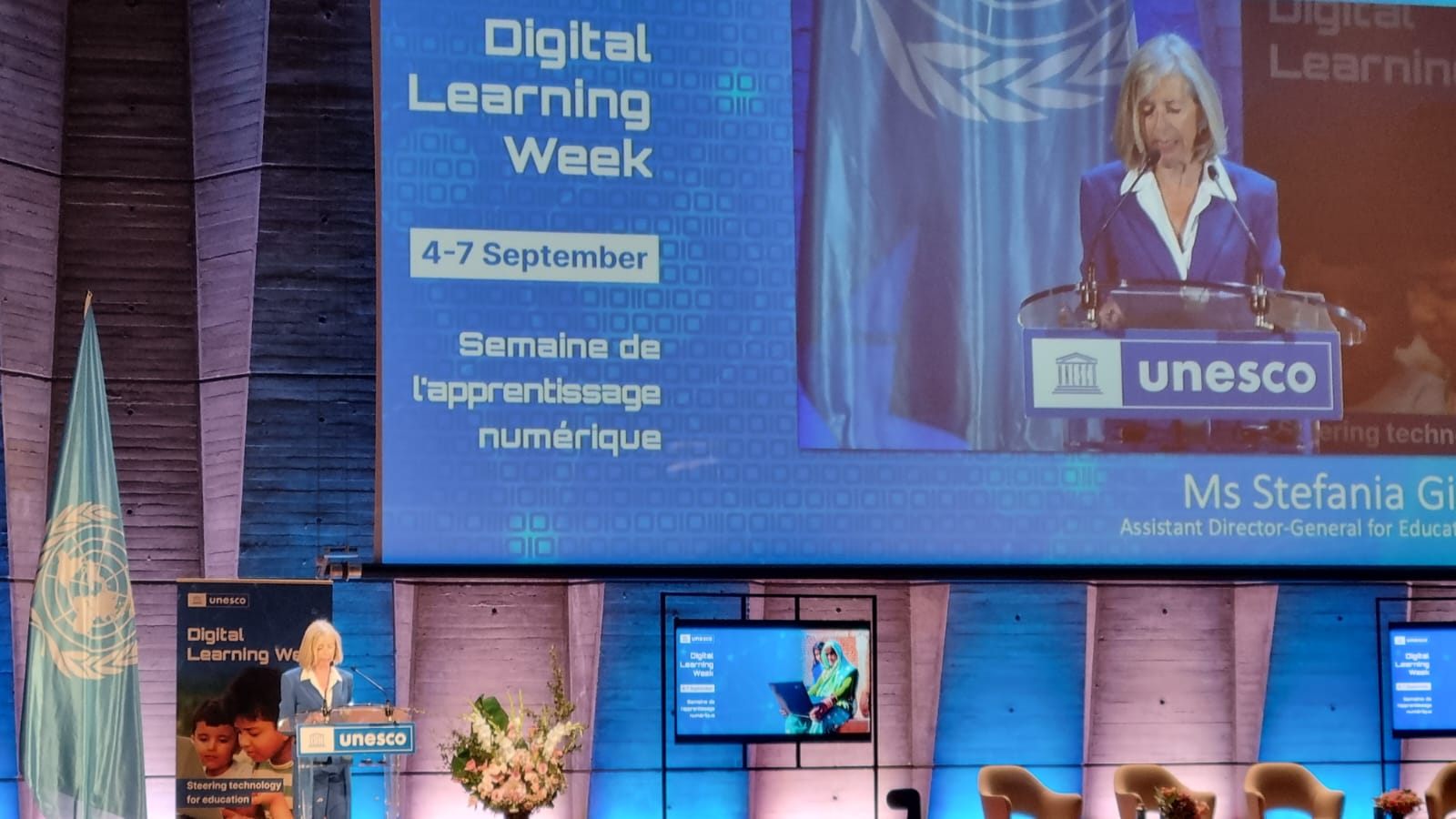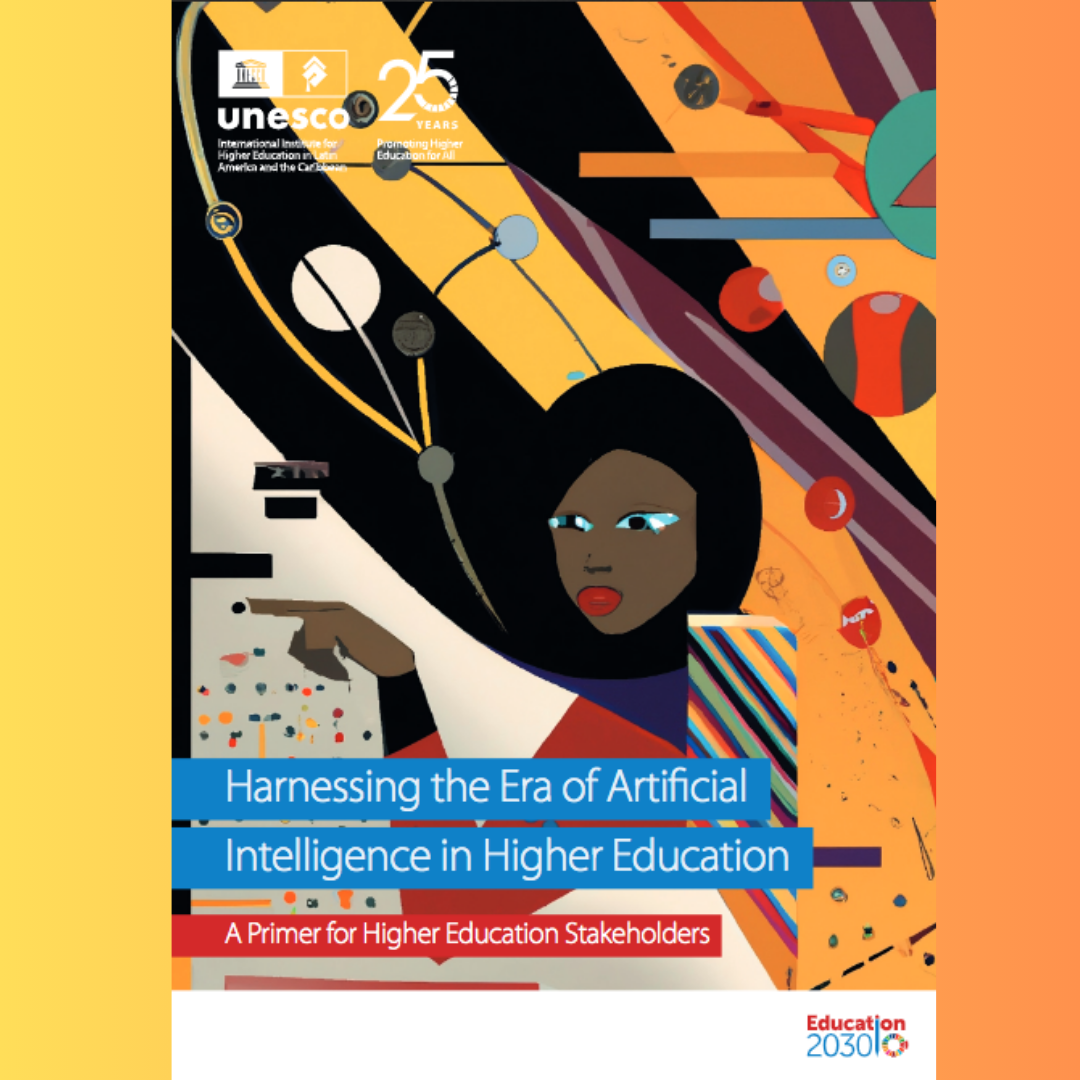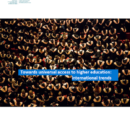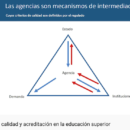UNESCO Digital Learning Week addressed the emergence of artificial intelligence

Artificial Intelligence (AI) is becoming a central element in the education sector and this incorporation does not come without challenges. The lack of diversity in the Science, Technology, Engineering and Mathematics (STEM) fields and the data used to feed AI in presently excluding 95% of languages as UNESCO Assistant Director-General for Education, Stefania Giannini, mentioned during one of her interventions during Digital Learning Week at UNESCO. Moreover 90% of online content for higher education is produced in the Global North.
The Digital Learning Week held in Paris from September 4th to September 7th 2023, focused on Generative AI -that can create new content from existing data- and the need for an ethical approach to its incorporation in education. It also showcased the many challenges connected to its use in education.
The lack of regulation of Generative AI at a national and institutional level poses other risks. Why are we using AI? What is the purpose? And more importantly, do we know what data is being used to train these large language models and what is happening to our data?
If it is true that AI can foster the potential to boost education, for those who have access to the basic infrastructure needed to run AI, it is also true that the use of AI in education poses many challenges, a potential for exclusion for many students and several ethical considerations, including its impact on sustainability.
Within this event, the Institute for Higher Education in Latin America and the Caribbean launched a Primer for Higher Education Stakeholders: Harnessing AI for Higher Education.
At UNESCO IESALC we have taken a “Yes, but” approach to the subject. The Primer for Higher Education Stakeholders shows the potential of AI in the different functions of Higher Education – teaching, learning and evaluation, research and administration – while highlighting the key challenges of AI and its implementation.
Moreover it offers a practical guide for the leadership of higher education institutions to support the incorporation of AI in an ethical manner, inviting institutions to be self reflecting and not “fall for the hype” when incorporating AI. The Primer also touches upon the competencies needed to face the future of work, which will become increasingly important.
As Professor Stuart Russell, computer scientist and keynote speaker at the DLW stated, we need to begin asking ourselves “what makes a human life worth living”? And Higher Education has the potential to support the comprehensive research needed to answer this question.
Download the primer:

Author
Arianna Valentini
Junior Research and Foresight Analyst, UNESCO IESALC
RELATED ITEMS








